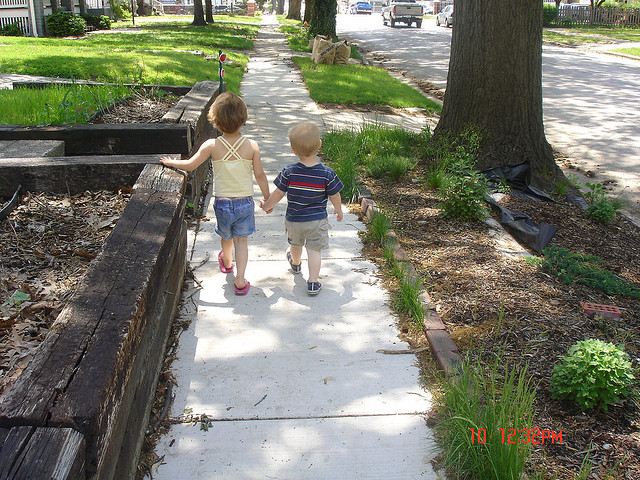“You know what I want to do today? I want to question everything I’ve ever known, make my friends and family uncomfortable, sad, and angry, and generally feel more alone in the world”———-said NO ONE EVER!! So why are people with doubts so often treated harshly? I’ve been given a front row seat to this perspective as my husband has gone through his faith transition. Sadly, I have also fallen into the trap of ostracizing out of fear. I’m ready to change.
I know every family handles faith transitions of members differently. Sometimes it starts rough then gradually improves– the spectrum of reactions is incredibly large. I want to share some of my own experiences. Though I realize that my specific circumstances may be unique, you will likely see parallel examples play out in LDS homes across the world. We must improve how we treat everyone, whether in or out of the church.
Before the transition, my husband was the guy that family members went to for advice or opinions on everything. Seriously though, everyone knew he had sound logic and could figure out pretty much any issue. He did everything right in everyone else’s eyes. I think that is why the faith transition didn’t make sense to anyone. There was not even a sin to blame the whole thing on. What happened after he shared his doubts with family? The calls for his opinions all but stopped. Over a year later, during a family gathering he didn’t attend church since the previous time had been less than positive (the Sunday School lesson was based on stereotyped reasons people leave the church. I went home in tears). Instead, he had dinner ready for the whole family when they got home. His service was disregarded and focus was brought to his lack of church attendance. When his family asked why he was making these choices, he tried to explain but was silenced for supposedly attacking their beliefs.
As I mentioned, I’m guilty too. When my husband first shared his thoughts with me, I automatically assumed there was a sin or maybe he just wanted freedom from his family life. I stopped sharing things with him. I felt like I had to sneak to the temple and read my scriptures when he didn’t know. In my mind, he was no longer on my team. The truth was, however, that he was happy with me doing what made me happy. He had no desire to destroy my faith. He wanted the same respect in his direction. It took a long time to work through, but now I wouldn’t change him and him, me.
I’m seeing similar experiences with other close friends. My friend who has had her own faith transition was recently informed by her sibling that their children could no longer play together. A few days later, her grandma wrote a letter expressing her disappointment in my friend’s decisions without even talking to her personally to understand where she really is on her faith journey.
I understand these may seem like extreme responses. Experiences like this don’t always happen to everyone. But I believe that many who openly express doubts or concerns experience some feelings of ostracism. I understand and can relate to the initial reaction of defensiveness believing members too often have. It is difficult and painful. Whether believers are consciously or subconsciously building walls out of fear, we need to stop. Stop making those who see the world differently into enemies or as people with an illness we’re afraid to catch. I think this is the point in the article where I’m supposed to insert the cliché “WWJD.” But, really! What would Jesus do? How would Jesus treat somebody who respectfully disagrees?
One of my favorite primary songs reminds us.
I’ll Walk With You
If you don’t walk as most people do,
Some people walk away from you,
But I won’t! I won’t!
If you don’t talk as most people do,
Some people talk and laugh at you,
But I won’t! I won’t!
I’ll walk with you. I’ll talk with you.
That’s how I’ll show my love for you.
Jesus walked away from none.
He gave his love to ev’ryone.
So I will! I will!
Jesus blessed all he could see,
Then turned and said, “Come, follow me.”
And I will! I will!
I will! I will!
I’ll walk with you. I’ll talk with you.
That’s how I’ll show my love for you.
Words: Carol Lynn Pearson, b. 1939. (c) 1987 IRI
Music: Reid N. Nibley, b. 1923. (c) 1987 IRI
No one wants to go through the pain of a faith transition. How sad would your world be if you had to talk and walk and think a certain way to keep the love and friendship of those you hold most dear? It sounds pretty suffocating to me. Let’s stop discrediting people with doubts and simply reach out as authentic friends with no ulterior motives.
So there it is. Talk, walk, be true to yourself. I’ll walk with you. I’ll talk with you.
-RL
Featured Image by Katherine Johnson


